Environmentally benign feed innovation protects salmon against pathogens without antibiotics
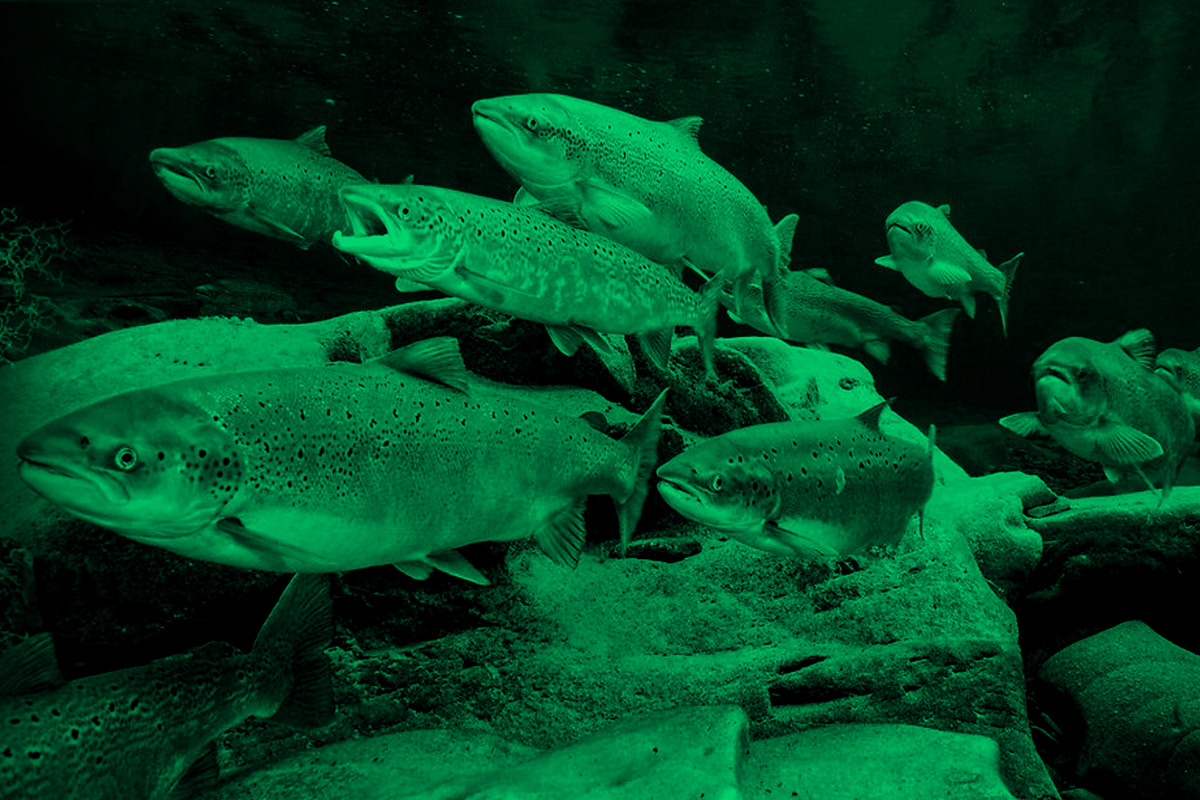
As the global aquaculture industry expanded, the use of antibiotics emerged as both a lifeline and a looming threat. While instrumental in curbing diseases that plague aquatic populations, it’s also raised concerns about antibiotic resistance, environmental impact and the long-term sustainability of a vital food-production sector.
Chile-based AQUIT Corporation may have a solution. By using a key protein that naturally occurs within fish to activate a salmon’s immunity, the biotech startup has created a new tool for the salmon industry to control infections that harm fish and lower yield. The company’s dietary supplement helps prevent disease without causing the inflammatory reaction that other immunostimulants do. For this promising advancement, AQUIT has been named a finalist for the 2023 Responsible Seafood Innovation Award in the aquaculture category.
According to the UN Food and Agriculture Organization, the overuse of antibiotics contributes to the spread of microbes that are resistant to these drugs. Researchers have found links between global warming, antimicrobial resistance and aquaculture, stating there’s an urgent need to find sustainable solutions that minimize antibiotic use.
“We’re trying to solve this problem in a way that improves animal welfare and also in a way that its production is sustainable,” CEO Daniela Allerbon told the Advocate. “We’re honored and thrilled to be considered for the Innovation Award.”
The company’s solution is the result of more than a decade of research and development that culminated in the identification and industrial scale production of a key protein. When added as a supplement in feed, the protein boosts the natural immunity of fish through an increase in antimicrobial peptides. If the protein within the feed is not eaten, it biodegrades, Allerbon said. If a fish eats more protein than is needed, mechanisms within the fish kick in, naturally regulating the protein and keeping it from causing a problem. Thus, the supplement can be orally administered as part of a normal feeding cycle and is environmentally friendly.
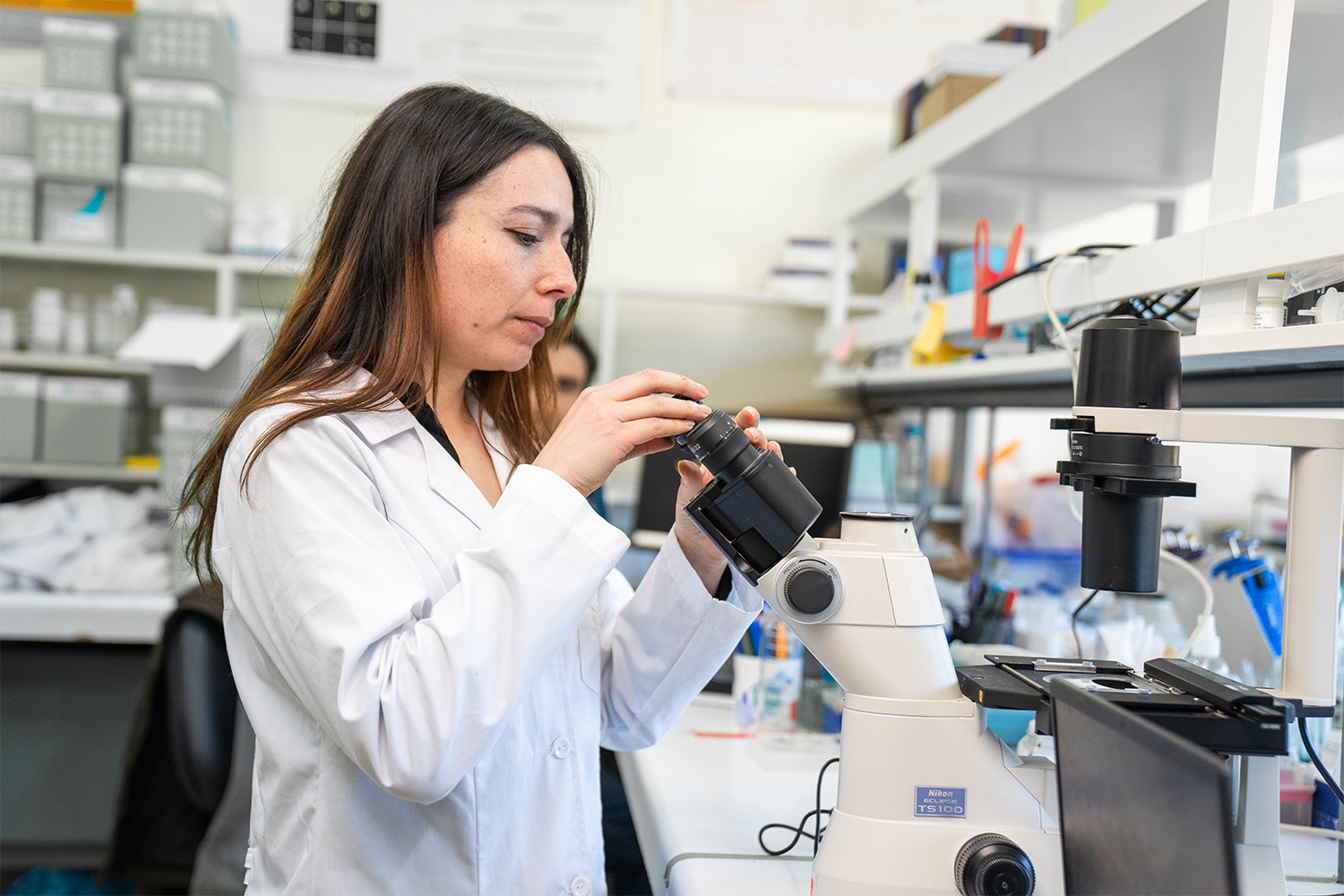
Unlike other immune boosters, AQUIT’s product doesn’t cause an inflammatory response, which classically is characterized by heat, pain, color changes, swelling and loss of function. Inflammation can result in slower growth. Because the protein naturally occurs in salmon, its introduction into a fish doesn’t trigger inflammation.
AQUIT will produce the protein on an industrial scale using gene-engineered microorganisms. The company will grow these microbes in bioreactors and use these to create the supplement.
Is Chile’s salmon industry turning the corner on antimicrobials?
One goal is to achieve survival rates similar to what antibiotics allow, according to Allerbon. So far, trials show promise: Testing on fish tank salmon exposed to the two most important pathogens in Chile showed an average survival rate of 70 percent using the protein alone. That’s close to antibiotic results, which Allerbon put at about 80 percent. Survival rates without antibiotics or the protein were less than 20 percent.
But the company’s supplement does more than just enhance survival, she added: “We’ve tested and we also improve intestinal health. We estimate we are improving growth. So, in the end we are improving yield.”
We hope we can bring to life a treatment that will really end the use of antibiotics on a regular basis.
AQUIT is working with Abbott Laboratories and a major salmon producer to validate these results. The supplement will be given to the fish shortly before critical junctures in the production cycle, such as when salmon enter the sea. These critical times are when the fish are most likely to encounter pathogens and thus the times when the fish are most in need of an immunity boost.
In addition to salmon, the same protein can be used in tilapia, a market being eyed by AQUIT for future expansion. Other proteins are also being sought, with the company turning to artificial intelligence (AI) technology to help speed up the search. The time to find and develop a new protein for other species may be cut significantly – perhaps to as short as a year. AI may be able to streamline the discovery and production pipeline, thereby expanding the markets the company serves.
Looking to the future, Allerbon noted that antibiotics will continue to have their place in aquaculture and will continue to be used in certain situations. But AQUIT’s goal is for its products to make antibiotic use much lower than it is now.
As Allerbon said, “We hope we can bring to life a treatment that will really end the use of antibiotics on a regular basis.”
GSA’s Responsible Seafood Innovation Awards – sponsored by the U.S. Soybean Export Council – for the aquaculture and fisheries categories will be awarded at the Responsible Seafood Summit in Saint John, N.B., Canada, on October 3, 2023. The winner will be decided by audience poll.
Now that you've reached the end of the article ...
… please consider supporting GSA’s mission to advance responsible seafood practices through education, advocacy and third-party assurances. The Advocate aims to document the evolution of responsible seafood practices and share the expansive knowledge of our vast network of contributors.
By becoming a Global Seafood Alliance member, you’re ensuring that all of the pre-competitive work we do through member benefits, resources and events can continue. Individual membership costs just $50 a year.
Not a GSA member? Join us.
Author
-

Hank Hogan
Hank Hogan is a freelance writer based in California who covers science and technology. His work has appeared in publications ranging from Boy’s Life to New Scientist.
Tagged With
Related Posts
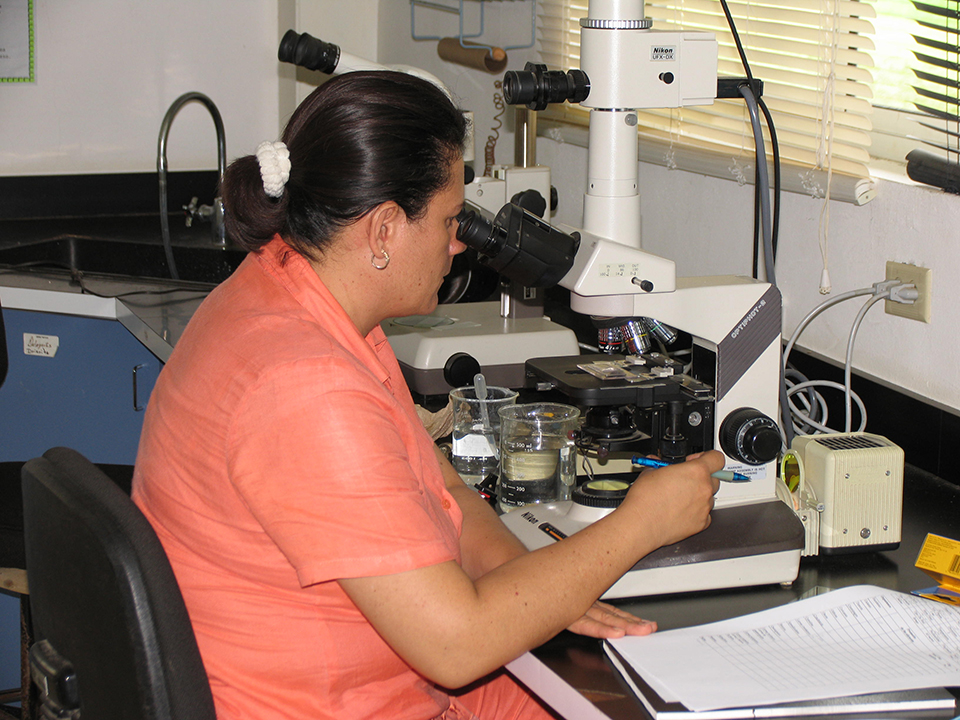
Health & Welfare
Antimicrobial resistance: Aquaculture to humans, humans to aquaculture?
The transfer of resistance from an aquaculture pathogen into a human enteric bacterium has been demonstrated in research and may be happening in the real-world environment.
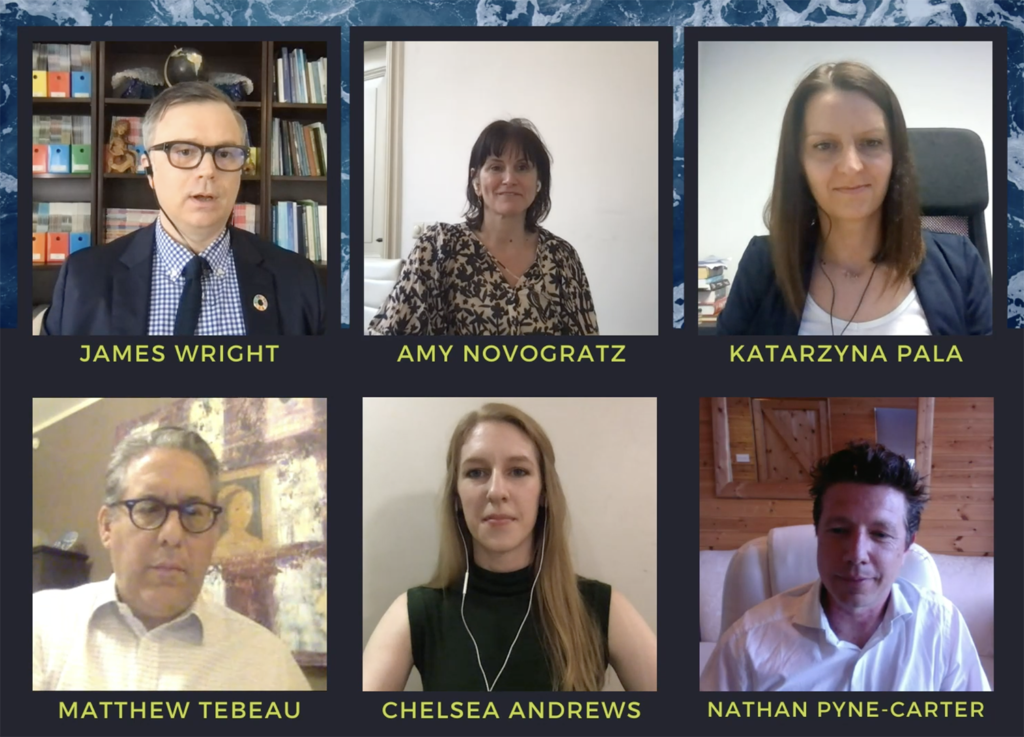
Innovation & Investment
Entrepreneur Tony Fadell joins GOAL 2021 to talk technology and aquaculture
Former Apple and Google developer Tony Fadell told GOAL attendees that new technologies must smooth the pathway to the marketplace.
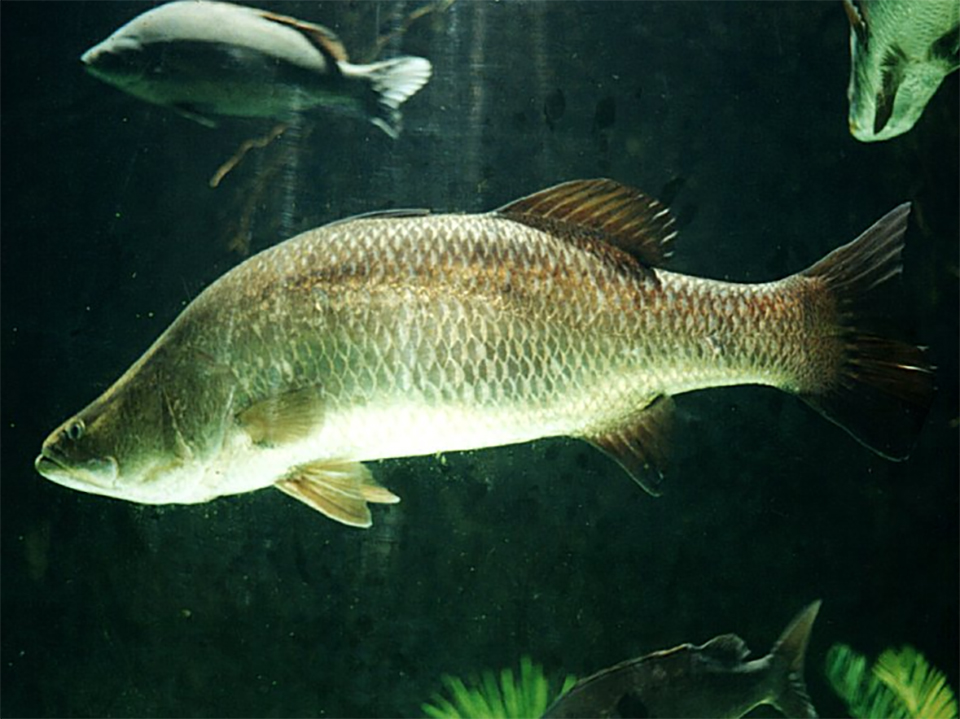
Health & Welfare
Organic acids and autolyzed yeast reduce impact of pathogens in fish
Organic acids and autolyzed yeast products can reduce the impact of pathogens like microorganisms, viruses, parasites and fungi, supporting performance and profitability.
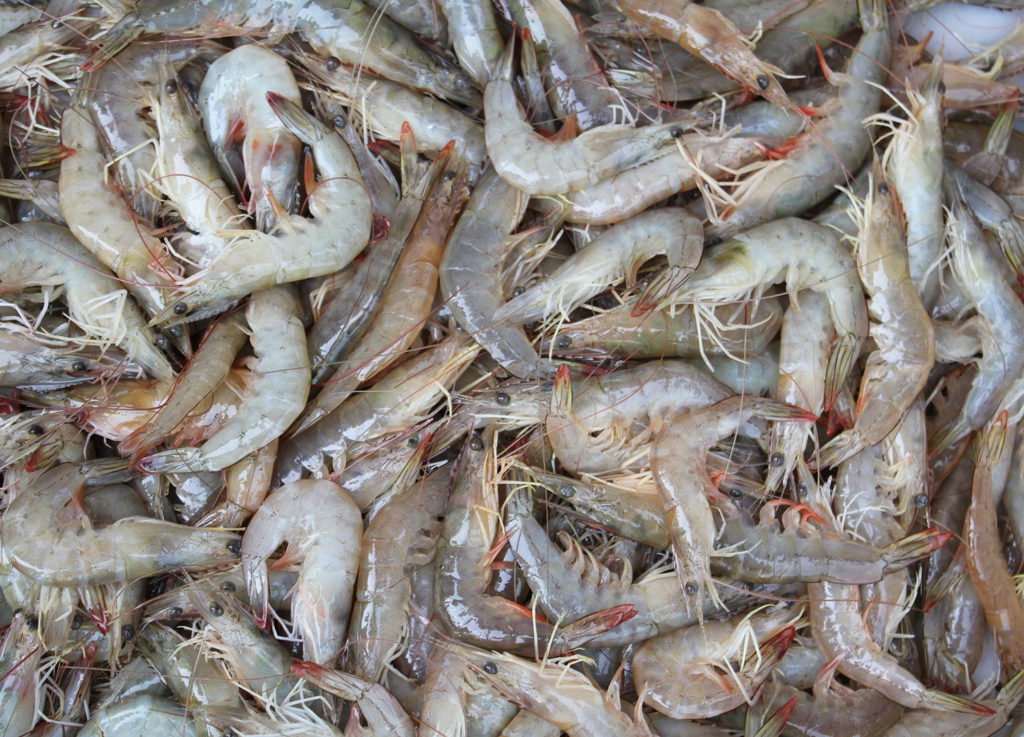
Health & Welfare
Why are antibiotic residues in farmed shrimp a big deal?
Antibiotic residues in farmed shrimp, and antimicrobial resistance in general, pose a threat, but we must balance what is realistic and what is ideal.


